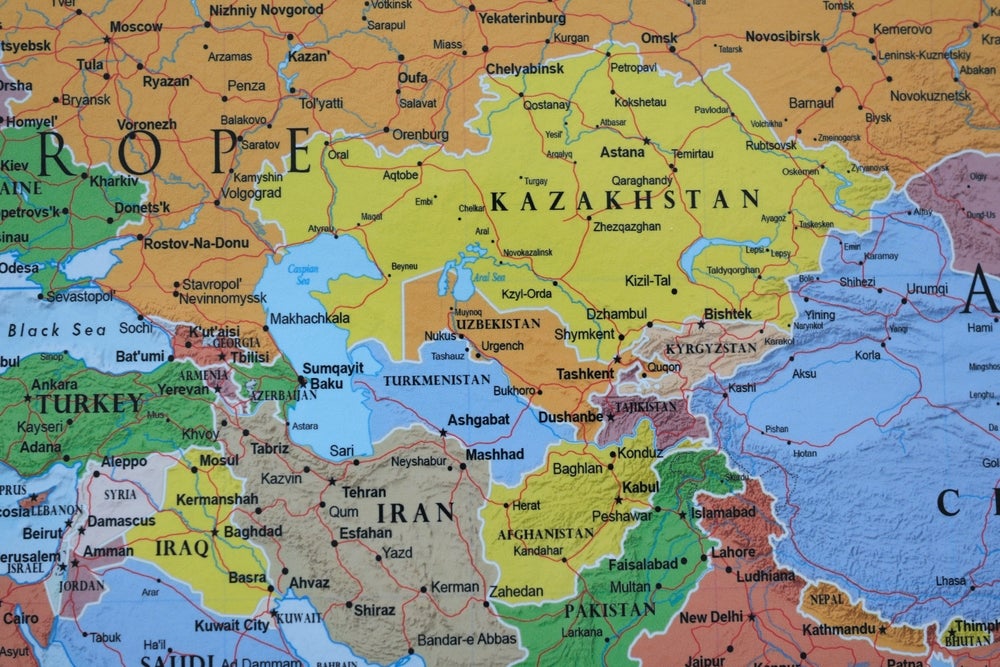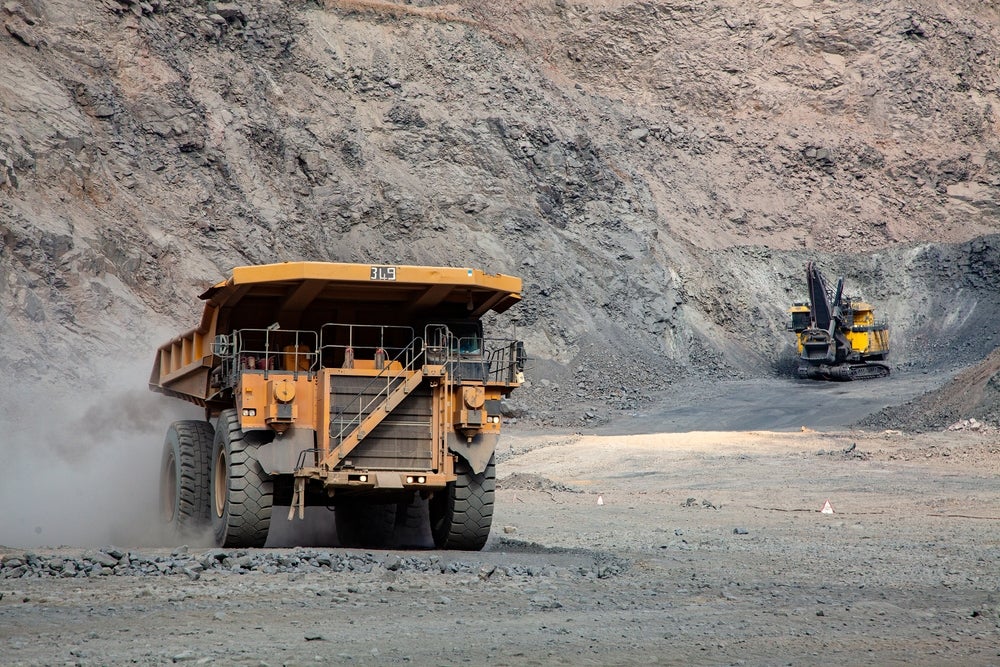
The leasing sector in Kazakhstan is witnessing steady development in 2023, fueled by the country’s improving economic situation and growing local demand for leasing services. Despite being the most economically advanced nation in Central Asia, challenges persist, hindering the industry’s full potential.
While official state statistics are lacking, data from Kazakh analyst agency Kursiv Research and other local research entities indicate favourable conditions for the leasing market in the previous year. With a 3.2% growth in GDP and a 9.2% increase in investment in fixed capital, the economic backdrop was supportive.
However, challenges emerged as the Kazakh Central Bank raised the base rate, elevating leasing costs. The Russian-Ukrainian conflict further complicated matters, leading to increased logistics expenses and delays. Consequently, the Kazakh leasing sector still faces underdevelopment.
Kazakh banks
Despite recent criticism of the banking sector’s business models by Kazakhstan’s President Tokayev, Fitch Ratings asserts that the country’s banking sector has become more resilient in recent years. The sector has seen a decisive clean-up and increased regulatory oversight, leading to strengthened financial stability.
Most Kazakh banks now have significantly stronger credit profiles compared to previous years. While the president expressed concerns about banks’ focus on unsecured retail lending and reluctance to support corporates and SMEs, Fitch believes that recent regulatory measures are unlikely to materially weaken banks’ profitability.

Kazakh leasing
Kursiv Research reports positive trends in the Kazakh leasing market, with growth in both new business and overall portfolios continuing into the current year. In 2022, leasing companies experienced a 25% increase in their portfolios, reaching nearly 1.3 trillion tenge (US$2.86 billion), equivalent to 1.3% of the Kazakh GDP, with financial leasing dominating at 99.1%.
How well do you really know your competitors?
Access the most comprehensive Company Profiles on the market, powered by GlobalData. Save hours of research. Gain competitive edge.

Thank you!
Your download email will arrive shortly
Not ready to buy yet? Download a free sample
We are confident about the unique quality of our Company Profiles. However, we want you to make the most beneficial decision for your business, so we offer a free sample that you can download by submitting the below form
By GlobalDataNew business volumes, encompassing financial and operational leasing, amounted to 428 billion tenge in 2022, a 10% increase from the previous year. However, growth rates slowed compared to 2021 and 2022, with projections suggesting a modest 7-8% growth in the current year.
Despite a 5% decrease in the total number of leasing contracts in 2022, analysts note a rising trend in the cost of leased items. Leasing payments reached 117 billion tenge in 2022, a 16% increase from 2021, with expectations of 15-20% growth in 2023.
State institutions continue to dominate the market, with the Industrial Development Fund (IDF) and KazAgroFinance (KAF) contributing to 86% of new contracts and 95% of the leasing portfolio in 2022. The IDF, operating multiple state programs, offers favourable financing for equipment leasing at a 5% rate, supporting entrepreneurs in priority sectors.
The Kazakh leasing market’s structure in 2022 highlighted agricultural machinery (78% of new transactions), freight vehicles (9%), and construction and road-building equipment (4%) as the top three leasing items. Small businesses accounted for 76% of new transactions, while 18% were attributed to medium businesses.
Despite positive dynamics, concerns persist about an imbalance in the Kazakh leasing sector, posing long-term risks of monopolisation. State-owned companies, particularly the IDF and KAF, have largely displaced private entities. Analysts suggest addressing this imbalance by discontinuing below-market interest rates and emphasising fair competition.
The recent government decision to allocate 20 billion tenge to state-owned Zhasyl Damu JSC for leasing domestically produced agricultural equipment at 6% per annum for up to 10 years has also raised concerns about subsidising the economy at below-market rates.
Critics argue that the leasing sector, currently the least developed segment in Kazakhstan’s financial system, requires stronger regulation. While recent regulatory measures have enhanced the financial stability of Kazakh banks, the leasing sector remains relatively unregulated. The lack of official statistics on leasing companies adds to the challenges, emphasising the need for comprehensive oversight and equal access to state support programs for private leasing entities.







